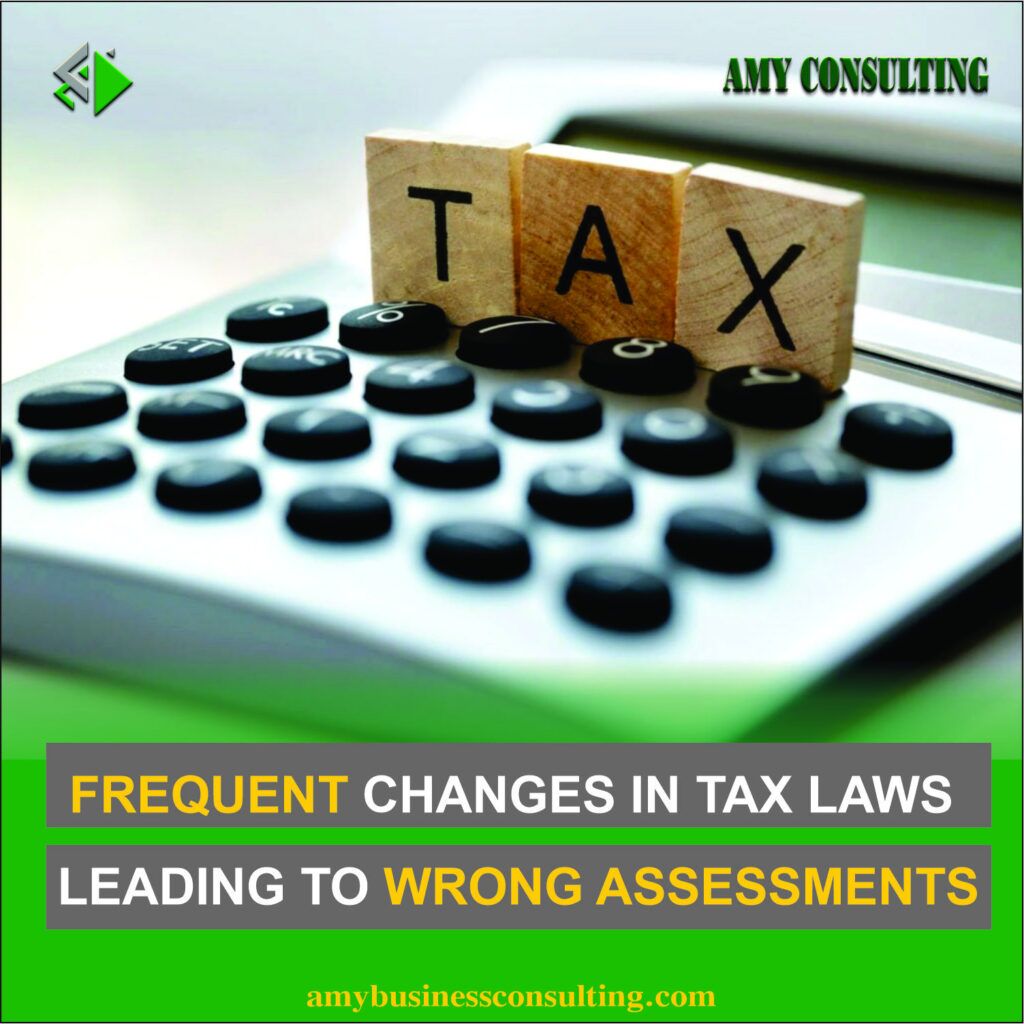FREQUENT CHANGES IN TAX LAWS LEADING TO WRONG ASSESSMENTS

Tax authorities often incorrectly apply relevant provisions and assess tax liabilities of taxpayers due to frequent and sometimes multiple changes in tax laws within a year.
The government should strive to balance the need for updating tax laws with the need to provide stability and predictability to taxpayers, as they claimed that updating tax laws results in uncertainty, compliance costs, inefficiencies, disincentives, and revenue losses.
It was noted by the sources that the situation is complex, as even the appellate forums can become confused if litigants do not provide relevant provisions of the law from the relevant time. This results in unnecessary time being wasted in trying to determine the law.
When tax laws are amended, it often leads to a dispute between the department and taxpayers. One party may challenge the incorrect application of the law.
While the taxpayers disagree with the approach and prefer to challenge the same for an appropriate interpretation, the department insists that the amendments made to the law would prevail.
A fundamental change in tax liability takes place when the law changes in a specific year, leading to a long-standing struggle between taxpayers and the department, which has jeopardized revenue collection in the country.
According to sources, the situation worsens when specific industrial sectors are subjected to a special tax collection procedure mandated by the rules.
Sales tax is charged at a rate of eight rupees per unit of electricity consumed in the production of steel billets, ingots, and mild steel products (excluding stainless steel) in the sector of steel re-rolling mills.
The special procedure, as a settled principle, has an overriding Non-obstante effect that prevails over the general clauses of an Act. As a result, it is considered a final discharge of sales tax liability, which the department often disagrees with and prefers to challenge before appellate forums.
The department, though, is unable to support his position with either a principle of statutory interpretation or a precedent.



